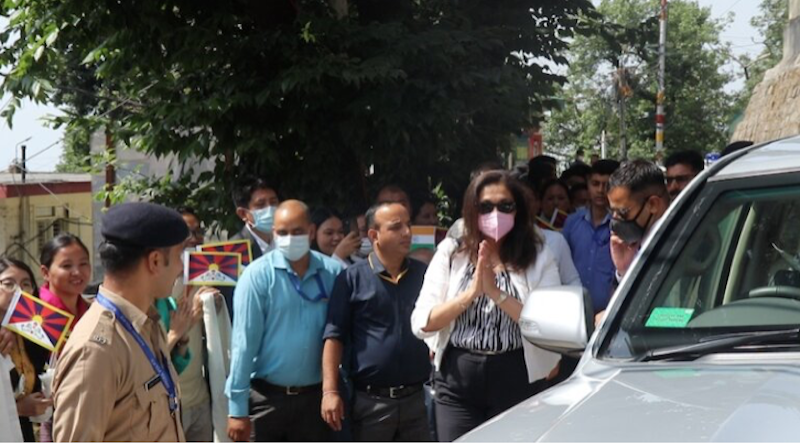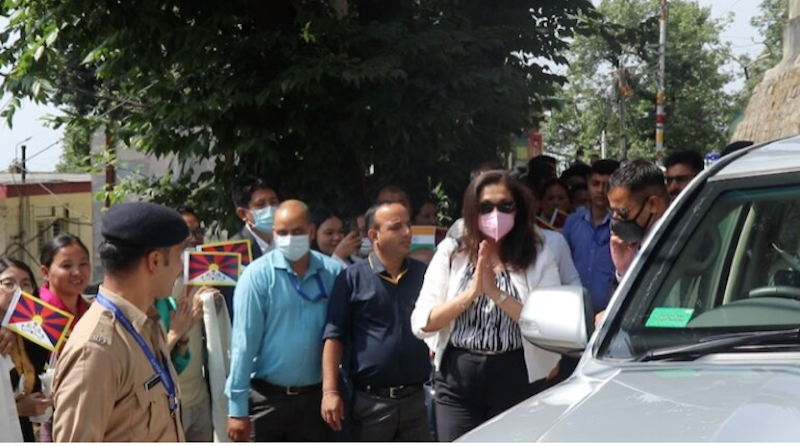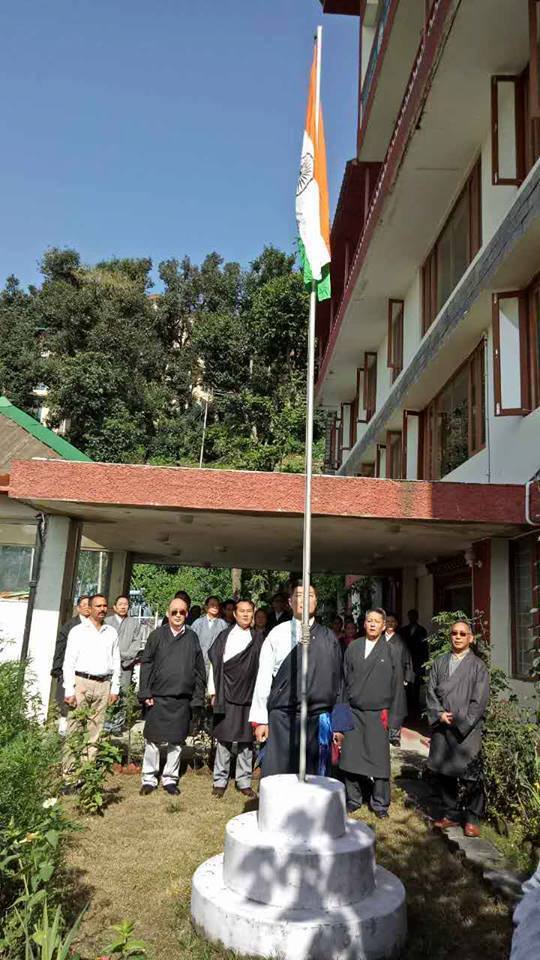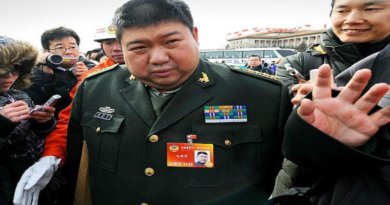US Special Coordinator for Tibet Condemns Beijing’s ‘Sinicization’ Policies in Tibet

By Tsering Choephel
DHARAMSALA, 16 March: At the “Assessing the PRC’s Assimilation Policies in Tibet” event, Uzra Zeya, the United States Special Coordinator for Tibetan Issues, condemned Beijing’s ‘Sinicization’ policies in Tibet. The event, hosted by the University of Ottawa and Canada Tibet Committee on 12 March, irked Chinese authorities, with a spokesperson of the Chinese Embassy in Canada calling it hyping up Tibet-related issues and spreading lies about Tibet, as stated on their official website on 14 March.
The event was attended by politicians, experts, as well as students of the university and members of the Tibetan community in Canada. Addressing the gathering, the US Special Coordinator for Tibetan Issues raised the recent development of the ongoing crisis in Kham Derge as “the latest example of the PRC’s assimilationist – or “Sinicization” – policies. From forcing the relocation of homes and monasteries; to requiring monks and nuns to pledge loyalty to the state; to co-opting the traditional succession processes of Tibetan Buddhist lamas; to banning images of His Holiness the Dalai Lama – the PRC aims to subsume Tibet’s rich spiritual, linguistic, and cultural traditions into its political framework.”
Uzra Zeya called on the Chinese authority for “the immediate and unconditional release of all those unjustly arrested”, referring to hundreds of Tibetans, including monks from the Derge region who were arrested during and following their non-violent protest and pleading for the cessation of the planned hydroelectric dam project on the Drichu and the impending displacement of two villages and six monasteries, as mentioned in our reports published previously.
Moreover, her address highlighted the Chinese government-run boarding school system set up across the Tibetan regions that has seen “More than one million students—or three in four school-aged Tibetan children—forcibly assimilated in these schools, all to serve a long-term goal of co-opting and reshaping Tibet’s traditions.”
Notably, she acknowledges a similar assimilative policy that the US and Canada had executed in their own past in the 18th, 19th, and 20th centuries. Through such a reflective approach to errors made in their past, both the US and Canada engage today in meaningful ways “with impacted communities to ensure injustices like these never happen again.”
On Wednesday, the Chinese embassy in Canada dutifully accused institutions as well as the individuals involved in the event as “anti-China” and reiterated their labelling of the “Tibetan government-in-exile” as “a thoroughly separatist political group.” The spokesperson has further accused Canada and the US of providing “platforms for Tibetan independence organisations”.
As Uzra Zeya foresaw in her remarks, saying “The PRC will likely censor the insights of today’s speakers and attempt to discredit these facts through mis-and disinformation,” the spokesperson of the Chinese Embassy in Canada’s statement blatantly made claims about their colonial-style boarding school in Tibet that “It is entirely up to the students and their parents to decide whether to attend boarding or not. Tibetan language and traditional culture are part of the curriculum. Students can wear traditional costumes in the school and have their parents visit anytime.” All these claims stand in stark contrast to the many reports from established institutions and individuals, including a detailed report by Tibet Action Institute and first-hand reports of Dr Gyal Lo, an educational sociologist who left Tibet in 2020 into exile and since then has been advocating for Tibet’s language and cultural rights and freedom struggle.
Zeya, in her concluding remarks, pledged US support for the fight and preservation of Tibetan cultural, religious, and linguistic identity against the face of CCP’s escalating persecution and Sinicizing policies in Tibet.






